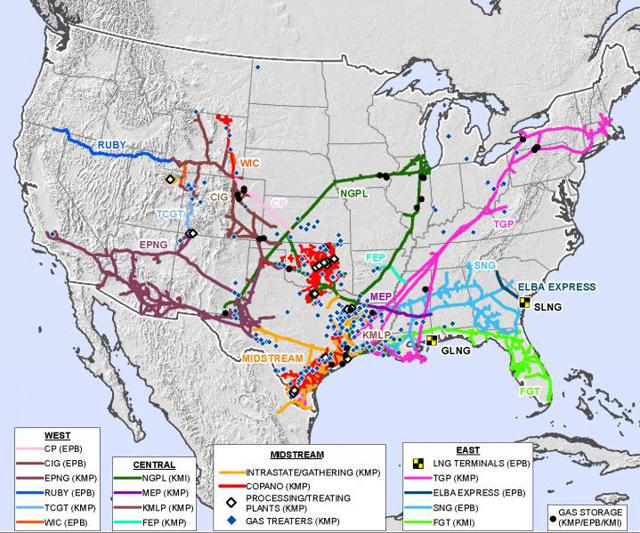The CEO of General Electric,
the company that designed the reactors
at Fukushima and Hatch 1 and 2,
said nukes are economically hard to justify.
And that was back in July, before
the first new nukes permitted in 30 years,
at Plant Vogtle on the Savannah River,
slipped 15 months.
What’s winning? Shale gas, temporarily, but that’s just a bump
in the road on the way to wind and solar power.
Pilita Clark wrote for Financial Times 30 July 2012,
Nuclear ‘hard to justify’, says GE chief,
 Nuclear power is so expensive compared with other forms of energy
that it has become “really hard” to justify, according
to the chief executive of General Electric, one of the world’s
largest suppliers of atomic equipment.
Nuclear power is so expensive compared with other forms of energy
that it has become “really hard” to justify, according
to the chief executive of General Electric, one of the world’s
largest suppliers of atomic equipment.
“It’s really a gas and wind world today,” said Jeff
Immelt, referring to two sources of electricity he said most
countries are shifting towards as natural gas becomes
“permanently cheap”.
“When I talk to the guys who run the oil companies they say
look, they’re finding more gas all the time. It’s just hard to
justify nuclear, really hard. Gas is so cheap and at some point,
really, economics rule,” Mr Immelt told the Financial Times in
an interview in London at the weekend. “So I think some
combination of gas, and either wind or solar … that’s where we see
most countries around the world going.”
 GE CEO Immelt may also want to talk to GE’s own research director
Continue reading →
GE CEO Immelt may also want to talk to GE’s own research director
Continue reading →
 Alton Paul Burns
commented yesterday on
Fracking south Georgia and north Florida?
Alton Paul Burns
commented yesterday on
Fracking south Georgia and north Florida?











